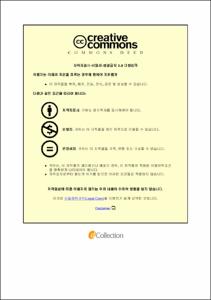컨설턴트선정기준이 컨설턴트역량지각, 컨설팅 완성도 및 재구매의도에 미치는 영향에 관한 연구
- Appears in Collections:
- 지식서비스&컨설팅학과 > 1. Thesis
- Files in This Item:
-
-
Download
 000002318176.pdf
기타 데이터 / 845.69 kB / Adobe PDF
000002318176.pdf
기타 데이터 / 845.69 kB / Adobe PDF
-
Items in Repository are protected by copyright, with all rights reserved, unless otherwise indicated.